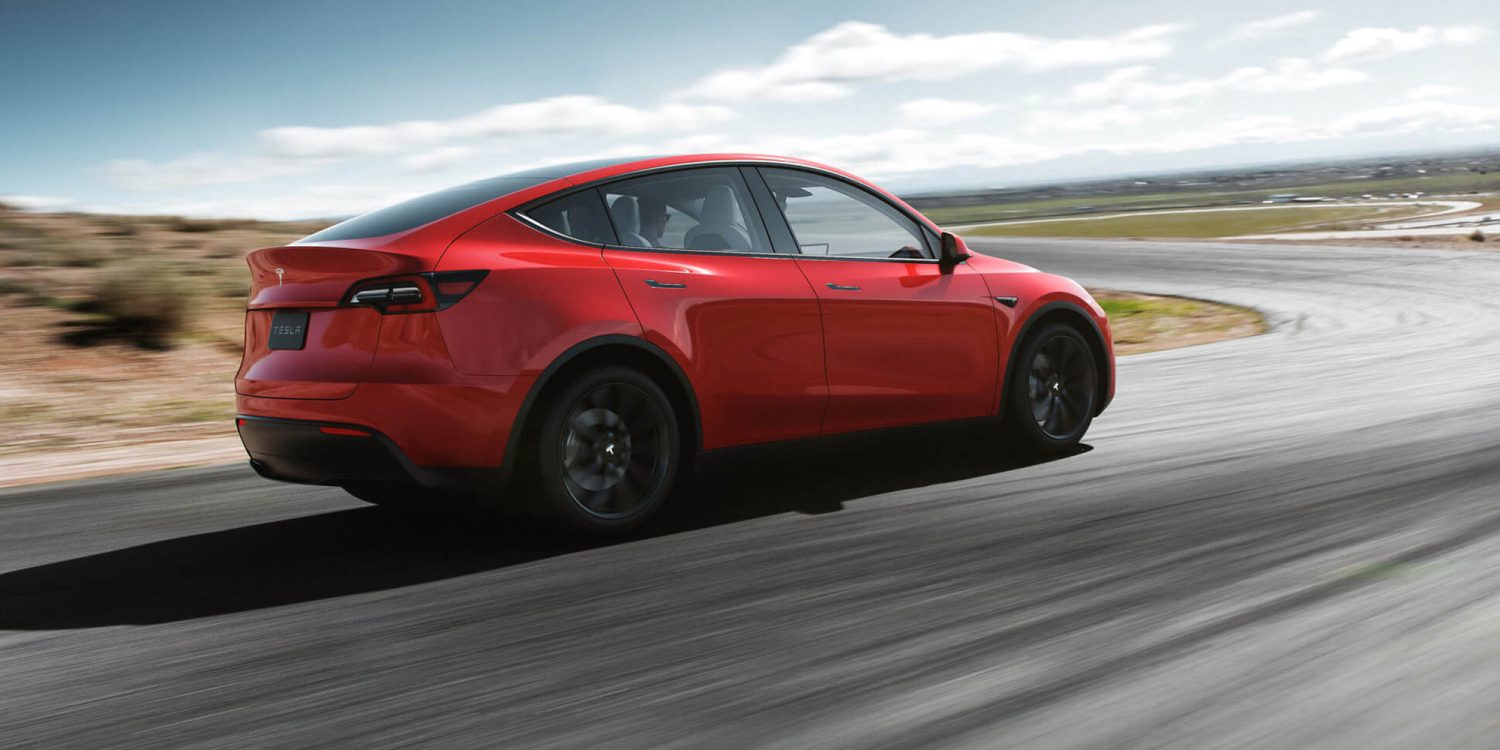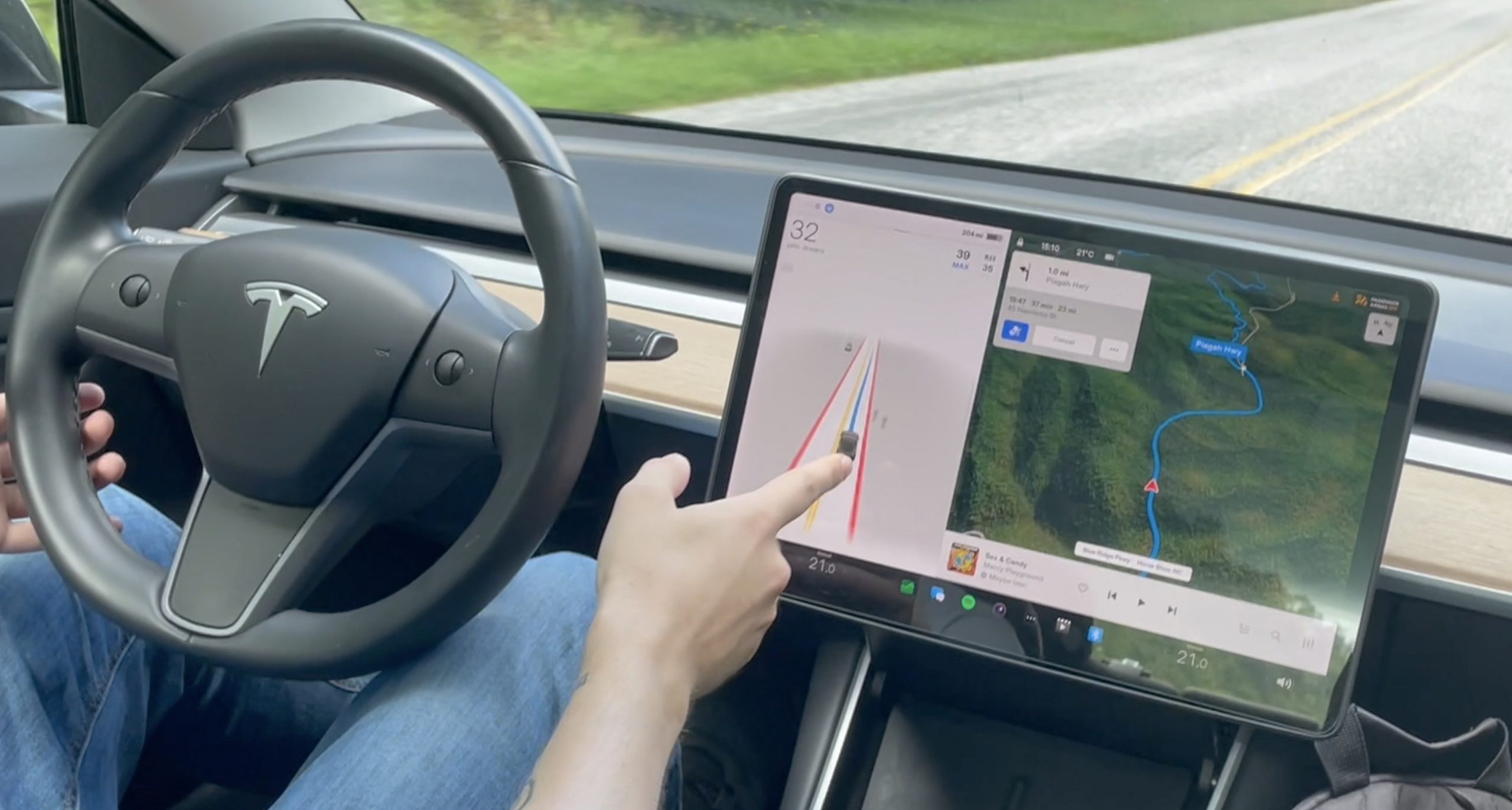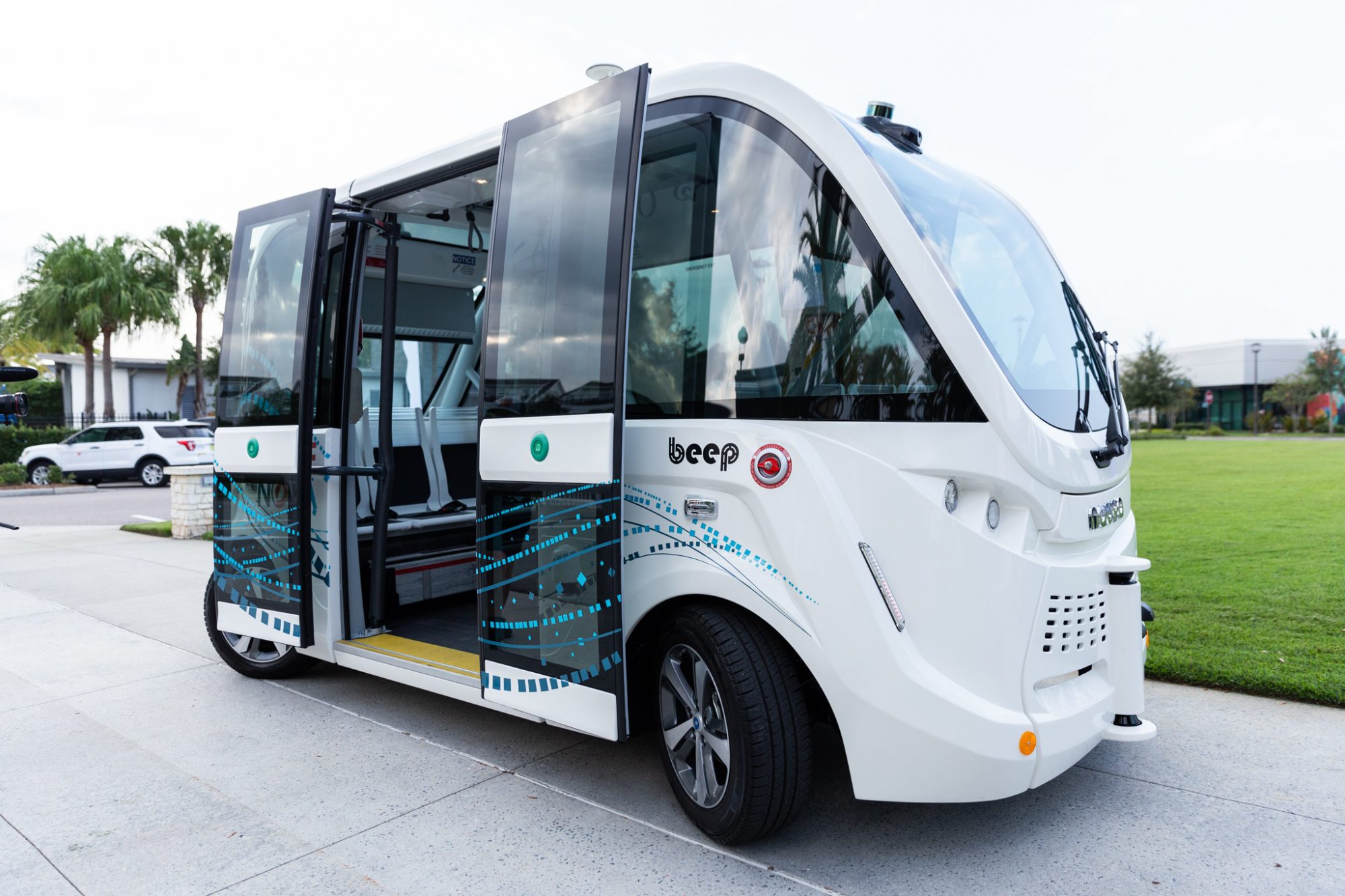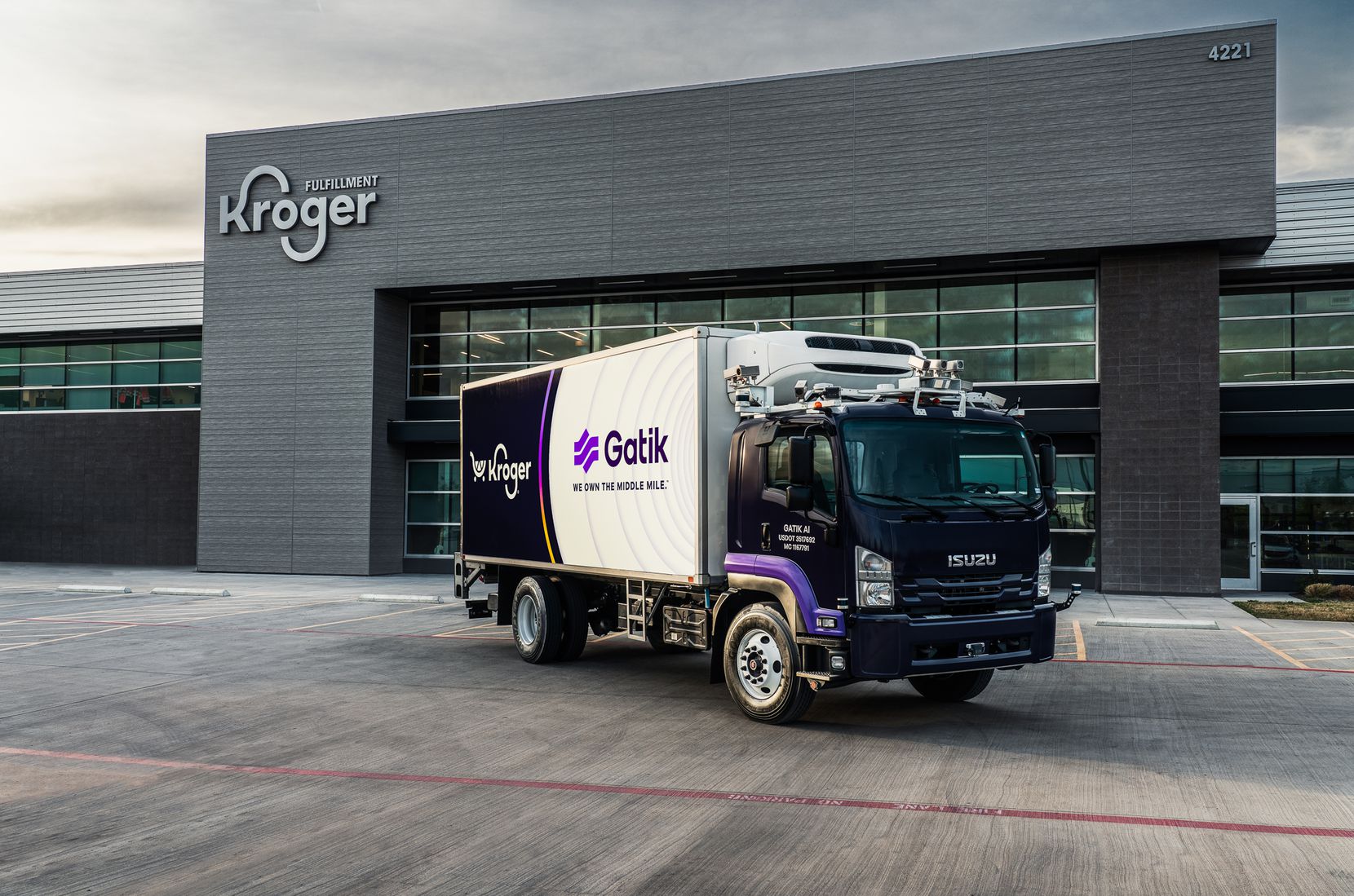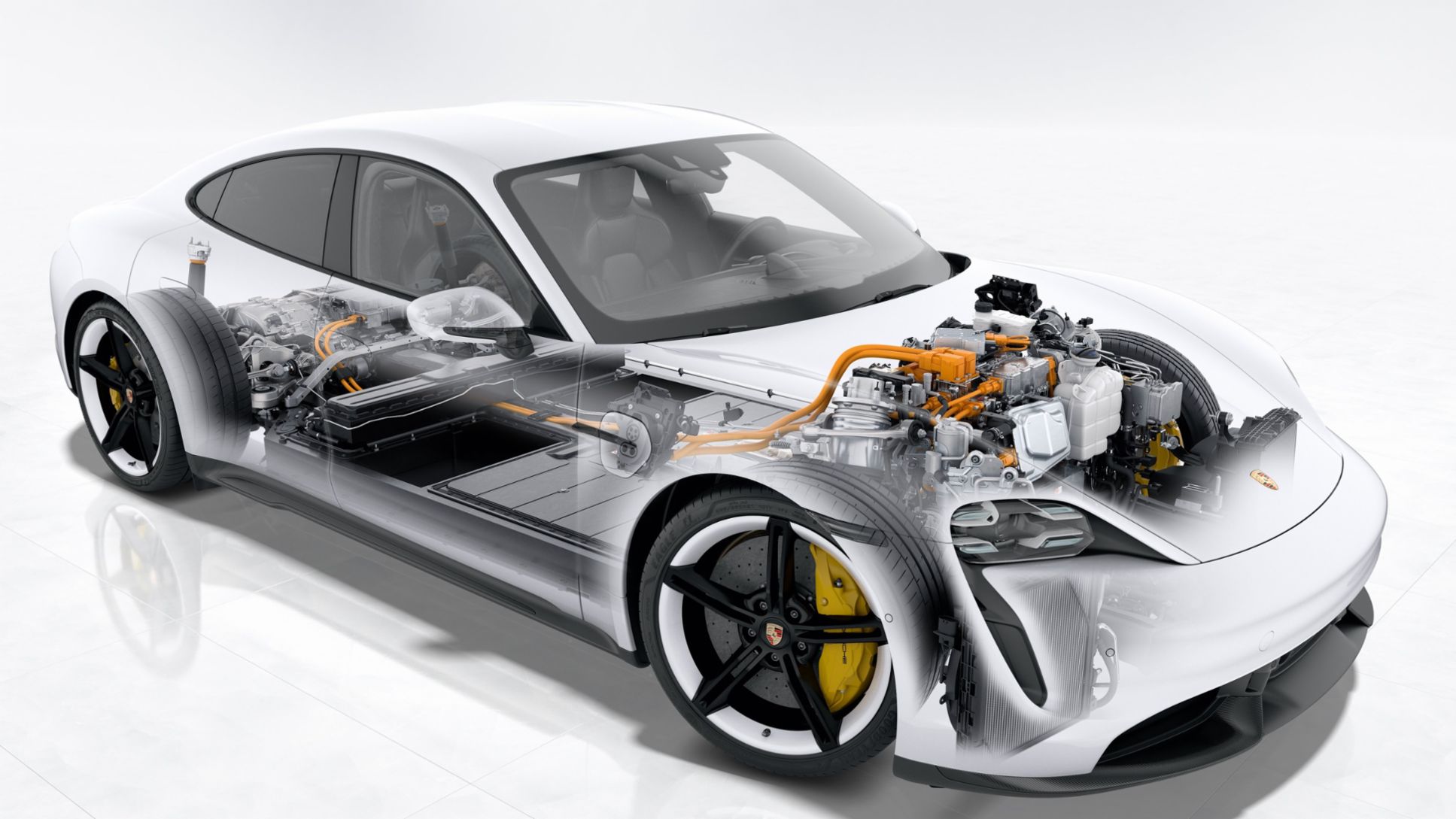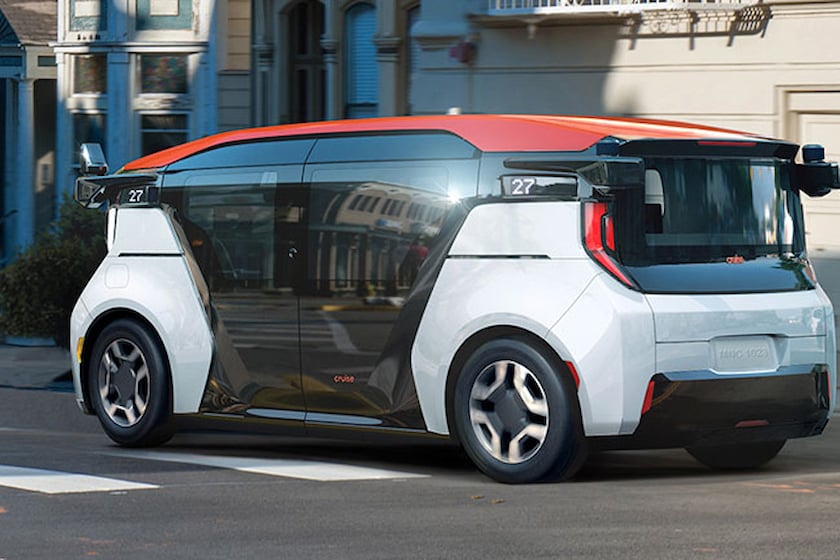Elon Musk recently made a statement about Tesla’s upcoming car, stating that it will operate “almost entirely in autonomous mode.” However, despite the automaker’s promise to make all its cars produced since 2016 autonomous, it has yet to deliver.
At Tesla’s Investor Day last week, the company announced plans to create a new vehicle platform that would be more efficient to manufacture. Unfortunately, there was little information about the vehicle models that would be based on this new platform, which left many people disappointed.
During a brief appearance at a Morgan Stanley conference, Musk commented that Tesla’s next-gen platform would produce vehicles that operate “almost entirely in autonomous mode.” This suggests that human drivers will rarely be required to take control of the vehicle.
This statement is consistent with Musk’s previous comments about Tesla’s plans to introduce a new purpose-built electric vehicle called the “robotaxi” that will be produced for use in autonomous mode.
Despite this, some people are concerned about the idea of Tesla producing a new vehicle designed specifically to operate “almost entirely in autonomous mode.”
Musk had previously promised that all vehicles produced by Tesla since 2016 would be “full self-driving” through software updates, with some buyers paying between $5,000 and $15,000 for this feature. However, Tesla has only delivered a level 2 driver assist system called “Full Self-Driving Beta” (FSD Beta).
The FSD Beta program has been stagnant for months, with little to no significant updates for most participants. Although Tesla still plans to deliver on its promise, some owners are becoming skeptical as the company focuses on producing purpose-built autonomous vehicles like the “robotaxi” and introducing a new Autopilot Self-Driving hardware suite on new vehicles that cannot be retrofitted.

